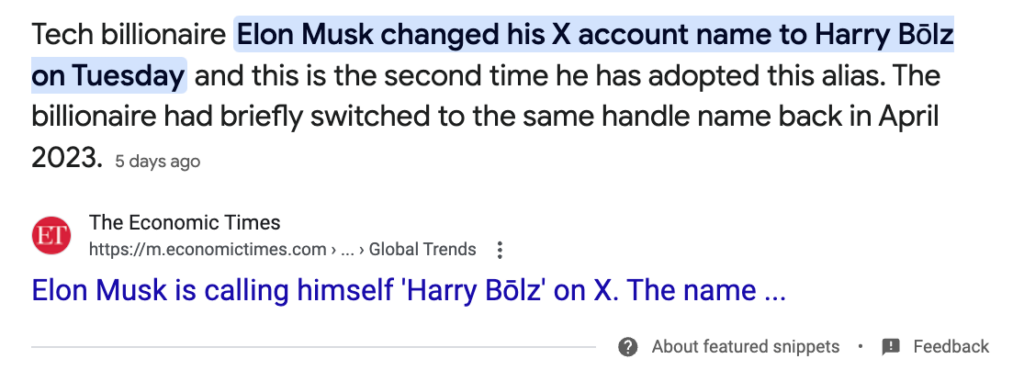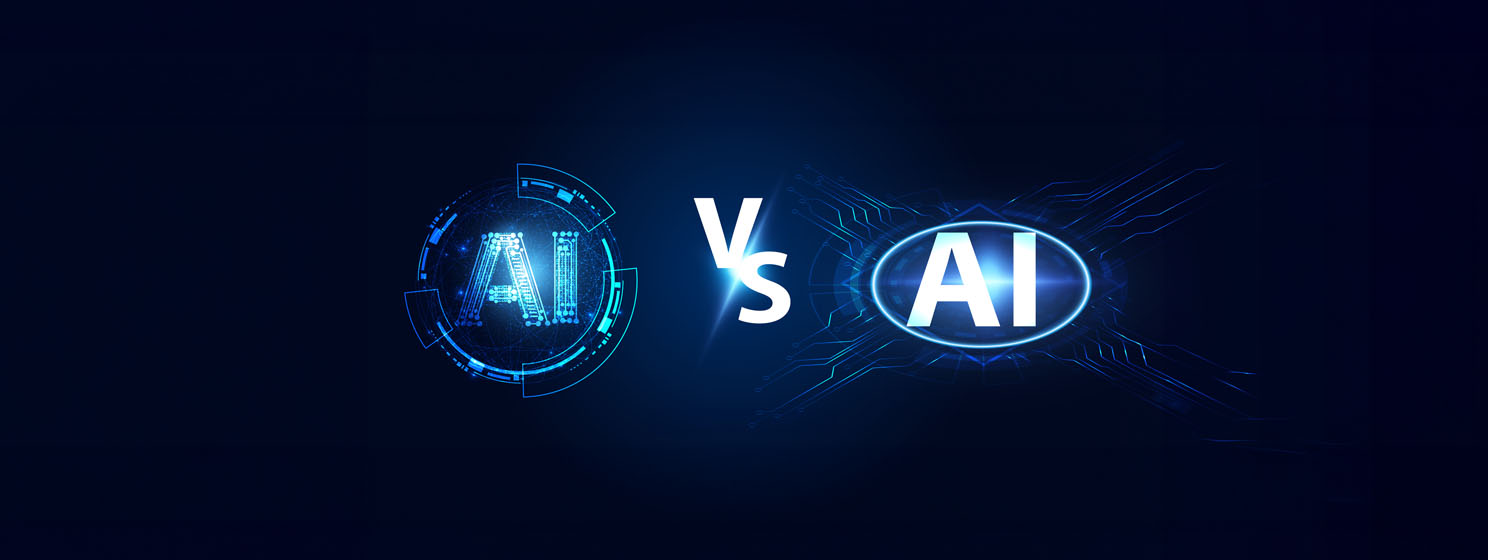|
Getting your Trinity Audio player ready...
|
There’s no doubt that Elon Musk’s $97.4 billion bid to buy OpenAI was a serious offer. But was it really about acquiring the company, or did Musk have other objectives? As this story develops, it’s becoming clear that Musk’s intentions may have been less about ownership and more about disrupting OpenAI’s transition into a for-profit entity.
Shortly after making the bid, Musk announced that he would withdraw the offer if OpenAI ceased its transition to a for-profit model and remained a nonprofit. Through legal filings, Musk’s lawyers expressed that:
“If (the) OpenAI board is prepared to preserve the charity’s mission and stipulate to take the ‘for sale’ sign off its assets by halting its conversion, Musk will withdraw the bid.”
This raises questions regarding whether Musk is genuinely trying to buy OpenAI or if this bid was another tactical move in his ongoing feud with Sam Altman and OpenAI.
Elon Musk’s corporate strategy and personal vendetta
As the feud between Musk and Altman continues, it’s becoming increasingly clear that Musk’s attack on OpenAI is more of a personal vendetta and a corporate strategy than anything else. Musk’s frustration with OpenAI stems from two key factors: (1) He was an early co-founder and major financial contributor to OpenAI but walked away with no financial return when the company was still a nonprofit, and (2) his own artificial intelligence (AI) company, xAI, is a direct competitor to OpenAI, but it lags in both market share and brand recognition.
Musk has publicly expressed dissatisfaction with OpenAI’s decision to shift from its nonprofit roots to a for-profit model, claiming that the move betrays its original mission—the mission that he helped fund. This is why, in his court filings, Musk continues to claim that Altman and OpenAI breached the original terms of Musk’s financial contribution. However, it’s impossible to ignore that xAI’s slow progress makes OpenAI’s continued success a direct threat to Musk’s own AI company.
In the highly competitive, rapidly growing AI industry, OpenAI has established itself as a dominant player. Thanks to the widespread adoption of ChatGPT, it’s estimated that OpenAI holds roughly 34% of the generative AI chatbot market share—a decline from the over 50% it held in late 2024 but still a significant number. Meanwhile, the percentage of xAI’s Grok chatbot market remains relatively unknown.
Unlike OpenAI, xAI lacks the visibility and product adoption needed to compete on equal footing. Without a strong market presence, xAI would need to deliver a superior product and strong marketing just to close the gap–which is an uphill battle, given where each company is positioned at this point in the AI race. So, instead of competing purely on product, Musk has taken a different approach: deploying disruptive tactics that thwart OpenAI’s progress, which gives xAI time to gain ground while OpenAI has to put out the fires that Musk is starting.
To date, Musk’s tactics have included a lawsuit in which he challenges OpenAI’s transition to a for-profit model, negative public statements through social media platform X, where he openly criticizes OpenAI’s leadership, and most recently, the $97.4 billion bid to acquire OpenAI. Even though OpenAI ultimately rejected Musk’s offer on February 14, the bid itself served as a disruptive move with long-term implications. It set a floor price for OpenAI’s assets, which could significantly impact its future valuation and financial obligations.
Why Musk’s offer complicates matters for OpenAI
OpenAI’s transition to a for-profit company requires it to legally restructure its nonprofit, which could be expensive.
By putting a $97.4 billion valuation on OpenAI, Musk has given stakeholders a number that may become the benchmark for any financial settlements or legal commitments tied to the nonprofit’s transition. If OpenAI needs to sever ties with its nonprofit structure, it could now face costs correlated with that valuation.
Additionally, Musk’s bid forced OpenAI’s board to formally consider the offer, creating an unnecessary distraction, as it is an item that requires the members to take the time to discuss the offer. And even though the board ultimately declined the offer, Musk’s $97.4 billion valuation will likely be a factor in underwriters’ assessments of OpenAI’s business, and it may resurface when the company seeks a liquidity event or Initial Public Offering (IPO).
Economic, political, and intercompany warfare
At this point, it’s evident that Musk’s real goal is not to acquire OpenAI but to make its transition to a for-profit entity as difficult as possible, and his incentive can be pinpointed back to his history with OpenAI, as well as who Musk appears to be as a person. Musk was a co-founder who heavily funded it in its early days but walked away with no equity. He currently runs a company that is a direct competitor, and Musk is a troll; he is a guy who seems to truly enjoy the chaos of things and won’t shy about sharing that side of himself on social media.

On top of that, Musk is also the richest person in the world, so he has the financial resources to drag this battle out indefinitely. While most companies would be hesitant to engage in drawn-out legal fights, Musk has the money, time, and incentives to keep this war going for as long as he deems necessary.
As this battle continues and is expected to play out on social media occasionally, the next big step is for it to play out in the courts, with a potential trial date as early as 2026.
Related reads:
- The Elon Musk vs Sam Altman Feud part 1
- The Elon Musk vs Sam Altman Feud part 2
- The Elon Musk vs Sam Altman Feud part 4
- The Elon Musk vs Sam Altman Feud part 5
In order for artificial intelligence (AI) to work right within the law and thrive in the face of growing challenges, it needs to integrate an enterprise blockchain system that ensures data input quality and ownership—allowing it to keep data safe while also guaranteeing the immutability of data. Check out CoinGeek’s coverage on this emerging tech to learn more why Enterprise blockchain will be the backbone of AI.
Watch: Understanding the dynamics of blockchain & AI

 02-23-2026
02-23-2026 




